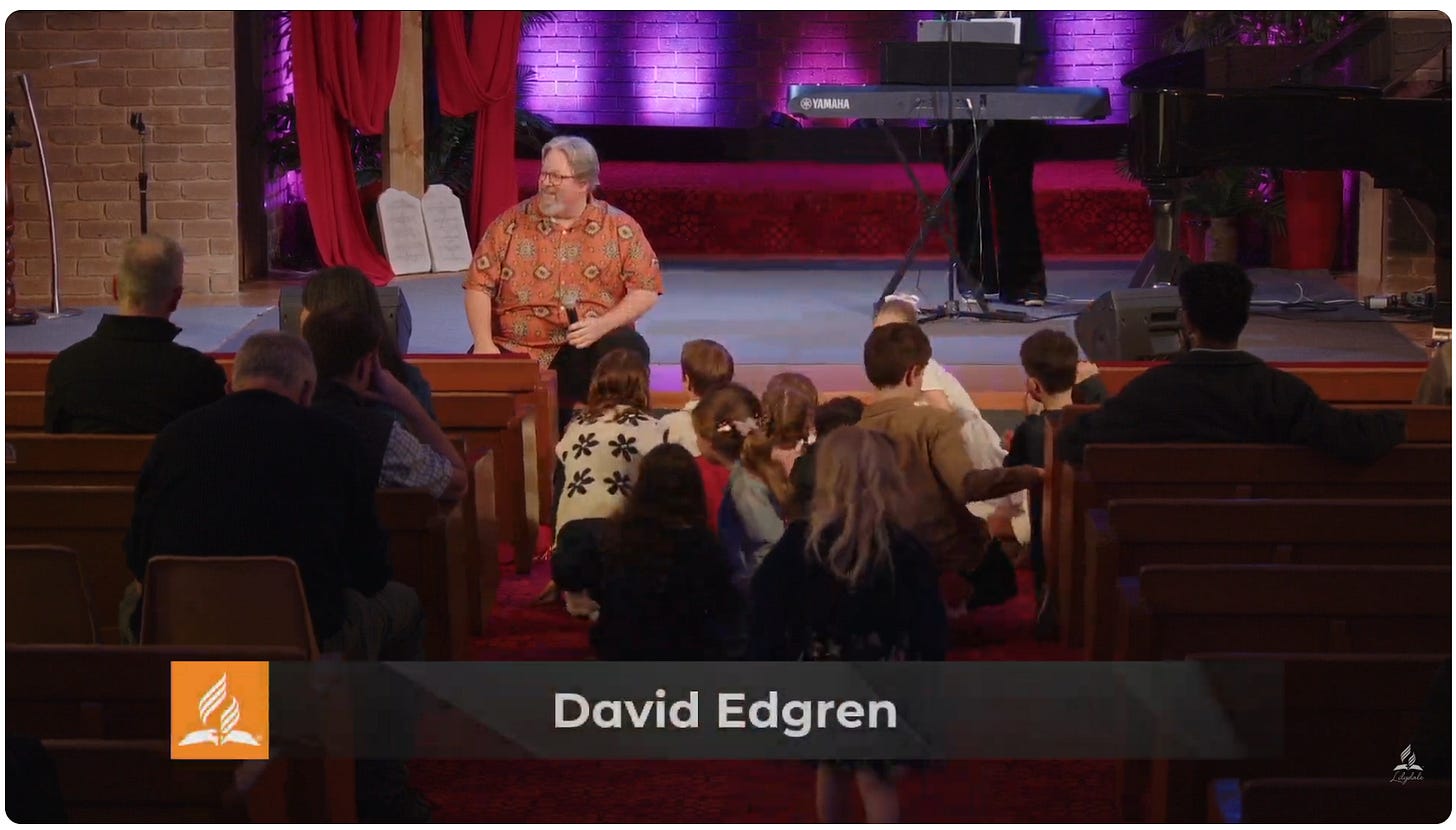The image is almost comically surreal — beavers, tumbling gently from the sky under leftover WWII parachutes, descending into the wild heart of Idaho. This isn’t a cartoon, but a remarkable true story from 1948, a testament to human ingenuity in wildlife management. Beneath the whimsical surface of Geronimo the Beaver’s aerial adventures, we can uncover a profound lesson about our sacred calling as stewards of God’s magnificent Creation, rooted deeply in the love that defines our faith.
Our First Commission
From the very dawn of Creation, humanity was given a unique and sacred task. In Genesis 1:28, God blesses Adam and Eve, instructing them to “Be fruitful and multiply and fill the earth and subdue it, and have dominion over the fish of the sea and over the birds of the heavens and over every living thing that moves on the earth.” The word “dominion” has often been misinterpreted as a license for exploitation. However, a closer look at the Hebrew context and the broader narrative of scripture reveals it means responsible care, faithful guardianship, and wise management—true stewardship.
We are not owners of the earth, but caretakers. As Psalm 24:1 declares, “The earth is the Lord’s and the fullness thereof, the world and those who dwell therein.” Everything belongs to God, and we, as His beloved children, are entrusted with its safekeeping.
Geronimo’s Flight
Flash forward to 1948 Idaho for a comical but surprisingly successful parable of creative stewardship. Beavers, natural engineers of waterways, were thriving in some areas to the point of becoming a nuisance, damaging human infrastructure. Meanwhile, vast, untamed wilderness areas lay empty of these vital creatures, whose dam-building activities create crucial wetlands, support diverse ecosystems, and even prevent wildfires. The challenge was clear: how to relocate these “nuisance” beavers to where they could flourish and benefit the environment?
Enter Elmo Heter and his team, who, with an audacious blend of necessity and ingenuity, designed special parachute-equipped boxes. Geronimo, the brave test beaver, became a pioneer, repeatedly falling from the sky to perfect a system that would safely transport his kin. Ultimately, dozens of beavers were successfully airlifted into the remote backcountry, where they thrived, transforming barren streams into vibrant habitats.
This story, initially driven by practical wildlife management, beautifully illustrates an aspect of divine stewardship. It wasn’t about eradicating a “problem” species, but about relocating and re-integrating them into an ecosystem where they could fulfil their God-given purpose. It demonstrated ingenuity, care for life and ecological foresight.
Christ-like Stewardship
As people filled with the love of God, our stewardship extends beyond mere duty; it becomes an act of worship and a reflection of divine love itself. God’s love for His creation is evident in every sunrise, every intricate leaf, every complex ecosystem. He “clothes the lilies of the field” (Matthew 6:28-29) and notes the fall of every sparrow (Matthew 10:29). If God so deeply loves and cares for His creation, how much more should we, who are made in His image and filled with His Spirit?
Our stewardship of the Earth flows directly from the love that defines our faith. First, we show love for God by cherishing what He has made. When we defile creation, we dishonour its Maker. Second, we express love for Neighbour by recognising that harm to the environment unfairly hurts the most vulnerable. Access to clean air, water, and fertile land are basic human rights, so neglecting the Earth harms our entire global family. Finally, we demonstrate love for future generations by understanding that this planet is on loan from our children and grandchildren. The actions we take today will directly shape the world they inherit tomorrow.
Just as the team in Idaho sought to ensure the thriving of both beavers and human communities, our Christian stewardship seeks holistic flourishing. It’s about finding harmonious ways for humanity to coexist with and care for the natural world, recognising its intrinsic value and its role in God’s grand design.
Called to Action
The story of the parachuting beavers, while unique, serves as a powerful reminder that creative, intentional and loving action can lead to restoration and flourishing within creation. As followers of Christ, let us embody this spirit of stewardship.
To be loving stewards of creation, we must take intentional action. First, we should educate ourselves on global environmental challenges. Second, we must act locally. This means recycling, conserving energy and water, and supporting community sustainability. Third, we need to advocate globally. Speak up for policies that protect the planet and promote justice. Finally, we should cultivate wonder. Spend time in nature. Marvel at the beauty and complexity of God’s handiwork. This fosters deep appreciation for the creation we guard.
May our hearts be stirred with the same love that compelled God to create, and may our actions reflect the devoted care of faithful stewards, ensuring that all of Creation, from the smallest microbe to the majestic forests, continues to declare the glory of God.




.jpeg)
.jpeg)